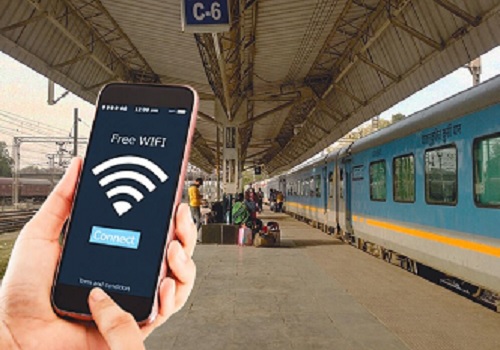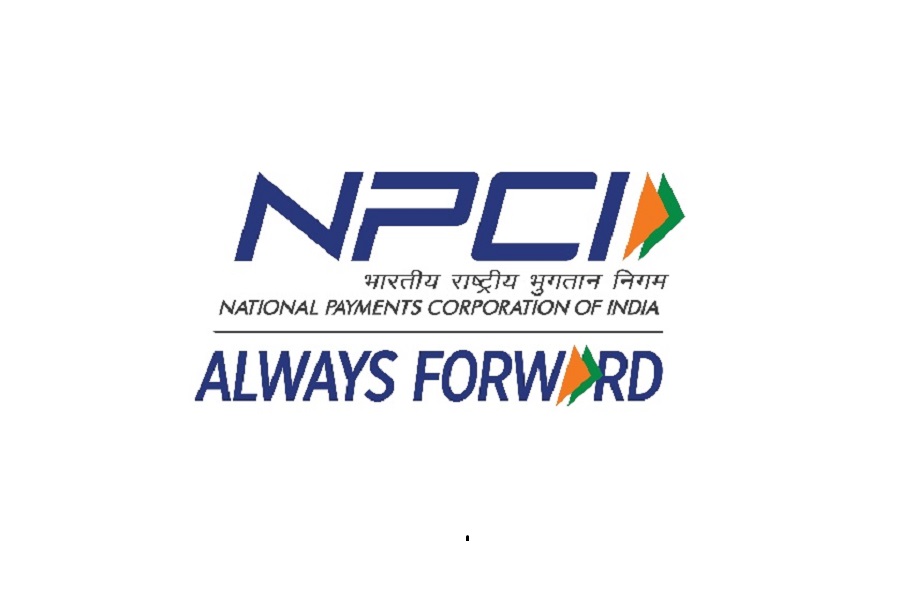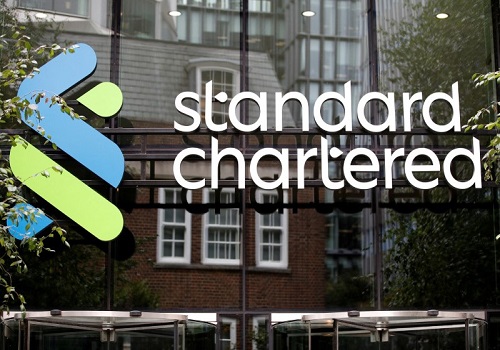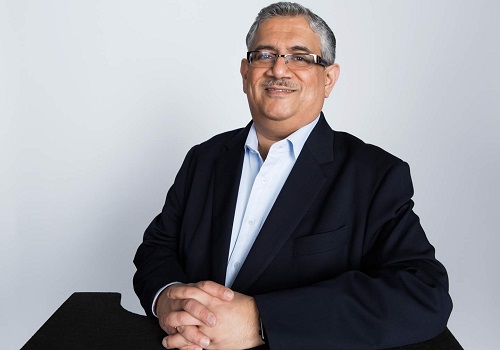Emphasizing Sustainability, NITI Aayog`s Dr. V K Saraswat Advocates for Steel Slag Utilization as a CSR Activity at PHDCCI`s International Conference
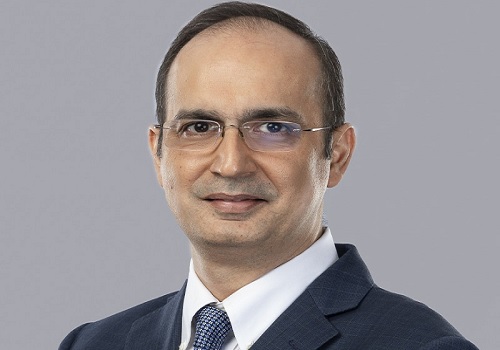
Sustainability comes with a price and we have to give away something for it, hence it should be treated as part of a CSR activity, said Dr. V K Saraswat, Member (Science), NITI Aayog while discussing the Steel slag and how the journey for the project of utilizing steel slag and fly ash as usable products started.
Speaking at the International Conference on Steel Slag Road- A Sustainable Green Infrastructure Transforming Waste to Wealth organized by PHDCCI and CSIR-CRRI at The Oberoi Hotel on Saturday, he emphasized that the steel industry should look for ways to reduce the cost of these aggregates and continue innovating. Regarding cost challenges, he discussed that If we compare the cost of natural aggregate to steel slag, we must acknowledge that the majority of natural aggregate comes from illegal quarrying and suggested it be treated as CSR activity.
Referring to the sand mining in the country he explained that transporting it across hundreds of kilometres by truck is common. If we can accommodate that, why not steel slag transportation? He also highlighted the willingness of the government to construct roads using this technology and suggested that the India Road Congress should be made part of the project. Mr. Saraswat further stressed the importance of R&D, stating, that 65% of the cost of R&D is borne by the government and the remaining by the private sector, with the majority taken by the pharma sector. He urged other sectors to also contribute at least 1-2% of total revenue on R&D. He also mentioned that the technology should be adopted by the railways as well. Lastly, he concluded that the steel industry should be able to construct a network that ensures the penetration of steel slag across the country.
Shri Nagendra Nath Sinha, IAS, Secretary to Government of India, Ministry of Steel said the steel industry thrives on the utilization of its best material. He said that we don’t want to discard anything, whether it’s scrap, slag, or heat. Everything that can be used, we use. He further added that our needs are self-sustaining, and in this spirit, this project was prepared. Shri Nath informed that India’s need for and utilization of processed aggregate is 1.8 million tonnes, and 2.5 million tonnes are being extracted year after year, impacting our natural habitat, hence we must ensure we use this. According to him, “Steel slag is a versatile material and worldwide it is utilized in hot metal dephosphorization, artificial port, and harbor development. It can also capture CO2 and aid in desulphurization. On its own, it can be used as a soil modifier in agriculture, which makes this project significant. We have comprehensive guidelines in this regard and hope they will be put to good use”.
He also pointed out that during a meeting with Hon’ble Minister Nitin Gadkari, the minister suggested that we should not look at it as a means of profit but as a CSR activity and said that rather than making a profit, we should be willing to give out steel slag to customers. Further, Mr. Nath requested that IRC document 121, which only permits its use on rural roads, be replaced with IRC document 383, allowing general use on national highways and all roads.
Prof. Manoranjan Parida, Director CSIR-Central Road Research Institute (CSIR-CRRI) informed how the CRRI helped in various projects, notably the Delhi Master Plan, where a comprehensive study was prepared by CRRI. He highlighted their assistance to clients for sustainable contributions in the highway sector. He further appreciated the Ministry of Steel for its support of steel slag projects and its assistance with demonstration projects across the country.
“Steel slag is a substitute for natural aggregates, and it is good that it is used during road construction, as it helps avoid many pitfalls. I also want to highlight the sustainable, green, and wide-scale utilization of steel slag for road construction. I am grateful to PHDCCI for its support, and I believe events like these can further raise awareness about the benefits of steel slag”, he said.
Dr N Kalaiselvi Secretary, Department of Scientific and Industrial Research and Director General, CSIR while referring to steel slag’s usage in the Mumbai-Goa highway, she said that steel slag technology is now a common point for both cities. The waste-to-wealth mission has significantly enhanced CSIR’s visibility, outreach, and popularity. She praised NITI Aayog and Mr. Saraswat for their support. She added that the target of Atmanirbhar Bharat by 2047 is aligned with CSIR’s vision of ‘37 for India at 2047.
She also mentioned that CSIR recently received a letter from the United States requesting the extension of this technology to the USA, showcasing the confidence that global players have in this technology.
Dr. Ranjeet Mehta, Executive Director of PHDCCI, Mr. Ranjan Dhar, Director and Vice President of Sales and Marketing at ArcelorMittal and Nippon Steel India, and Mr. VR Sharma, Vice Chairman of JSP Group Advisory Services also spoke on the transformative potential of steel slag in road construction and its role in sustainable manufacturing.
Speaking about the national infrastructure pipeline, Mr. Dhar appreciated the 11 lakh crore capex investment by the government and expressed hope that this will further increase with the upcoming budget. He emphasized that the Prime Minister’s vision of faster economic growth, inclusive growth, and sustainability will drive necessary progress.
“As the steel industry grows, innovation in sustainable manufacturing is essential. NITI Aayog has actively promoted the use of steel slag in road construction, highlighting it as a key initiative. This is a prime example of the waste-to-wealth and Clean India campaigns, as it reduces greenhouse gas emissions and carbon emissions”, he said. He also informed that there are challenges, such as logistics, which require technological advancement and concluded his note by saying that we are not just creating infrastructure but laying the foundation for a greener and more sustainable future.
Above views are of the author and not of the website kindly read disclaimer














